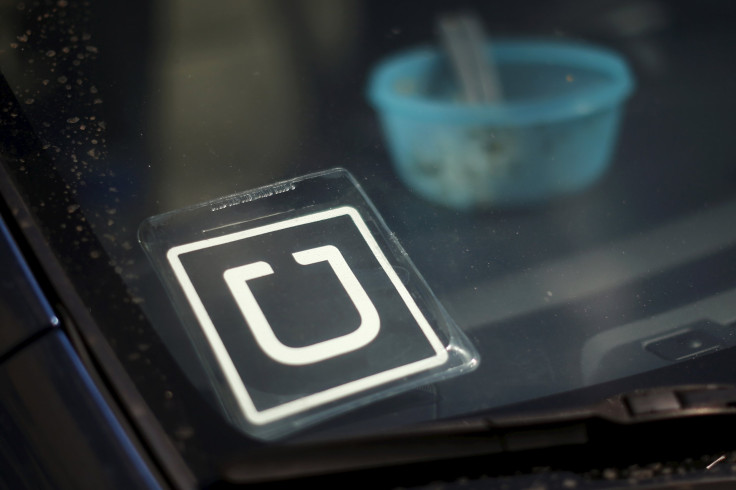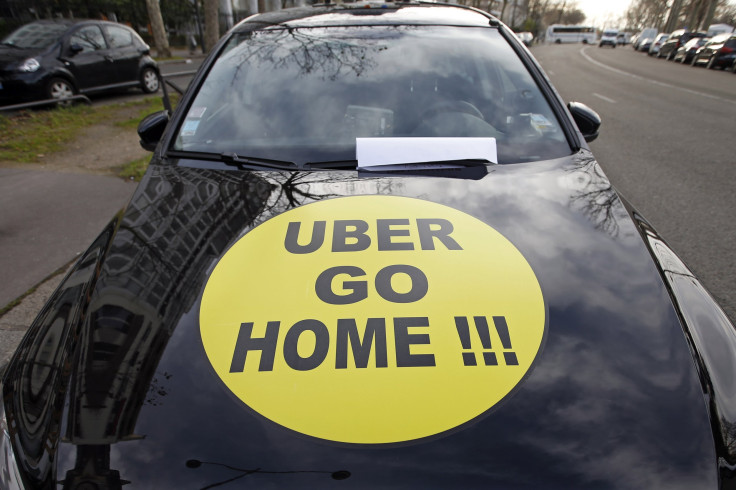Uber In Europe: UberPOP Sweden Service Suspended After Rulings Against Drivers

After court rulings declared the company's drivers were breaking the law, Uber has announced it will suspend UberPOP, its cheapest service, in two Swedish cities. It's not the first time — and unlikely to be the last — that the ride-ailing app has generated controversy and legal disputes in Europe.
The app's users in Stockholm and Gothenburg can hail their final rides May 18. After that, Uber simply hopes to re-launch soon, the company said.
“Our pilot has successfully tested ride-sharing in Sweden,” Alok Alström, Uber's general manager in Sweden, said in a statement. “However, clearer regulation is needed before it can be taken further.” He told the newspaper Dagens Hyeter: “It feels really sad that individuals have been caught in the middle of this. Uber has tried to support them as best we can.”
The decision represents a victory for licensed taxi drivers and their supporters.
"We think the decision is natural considering the court rulings and unresolved tax issues," head director Claudio Skubla said in a statement.

An appellate court on March 23 upheld lower court rulings that said UberPOP drivers were operating illegally without permits. In September, a driver in Stockholm was fined $299 for “driving taxi goers without permission and without taxi-driving legitimation.” In March, 21 other UberPOP drivers in Stockholm and Gothenburg were convicted of driving taxis illegally. In Sweden, according to the company, nearly 100,000 passengers have used its UberPOP service, for which 5,000 people have driven at some point.
Uber has also suspended UberPOP in Germany, France, Italy, Spain and Belgium.
In France in January, taxi drivers blocked traffic to protest Uber, even setting fires on a major road in Paris, amid other demonstrations related to wages and labor conditions.
In early May, Hungary's government proposed legislation that would penalize those drivers who lacked licenses and ban apps like Uber for up to a year.
“The governments are weak and as unemployment is pressuring them, they give in,” Karim Asnoun, head of the French CGT Taxi Union, said of Uber’s expansion in Europe. “They think they are creating jobs, whereas for every created job, there is one that’s destroyed.”
© Copyright IBTimes 2024. All rights reserved.






















